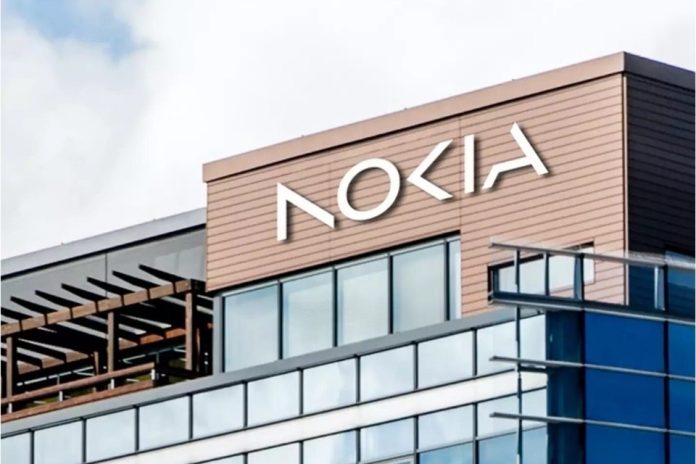Nokia today announced that it has committed to reducing its total global greenhouse gas emissions (GHG) to net zero by 2040, accelerating its previous target by ten years, and putting it ahead of the Paris Agreement target of net zero by 2050.
Nokia will also double down on its existing near-term, or 2030, target. Having already committed to halving its GHG emissions across Scope 1,2 and 3 by 2030 from a 2019 baseline, it today announced it will further accelerate the decarbonization of its own operations.
Pekka Lundmark, President and CEO of Nokia, said: “Our new emission reduction targets show that net zero is a business priority for Nokia. We already help our telecoms customers to decarbonize by building sustainable, high-performance networks, and we work with a rapidly growing range of enterprise partners to reduce emissions and improve productivity. That journey will only accelerate, as Nokia launches more energy efficient solutions in next generation mobile, fixed, IP and optical networks and in software, silicon and systems. By committing to net zero by 2040 we build on our previous climate targets as we look to create technology that helps the world act together.”
Nokia was the first telecoms vendor to have its 2030 Science Based Target (SBT) validated by the SBTi in 2017 and was among the first 100 companies across all sectors to do so.
It recalibrated its near-term targets in 2021 in line with a 1.5°C warming scenario, committing to reduce its greenhouse gas emissions by 50% by 2030 from a 2019 baseline. This target implied that Nokia would reach net zero by 2050.
With today’s announcement Nokia reiterates its existing near-term target to reduce its greenhouse gas emissions by 50% across its value chain (Scopes 1, 2 and 3), accelerates the decarbonization of its own operations (Scopes 1 and 2) as part of its near-term targets with complete decarbonization its car fleet and facilities, and explicitly sets a new long-term target to reach net zero by 2040 (Scopes 1, 2 and 3) by 2040.
To ensure its new long-term target aligns with climate science, Nokia has submitted its net-zero letter of commitment to the Science Based Targets initiative (SBTi), a partnership between CDP, the United Nations Global Compact, World Resources Institute (WRI) and the World Wide Fund for Nature (WWF).




